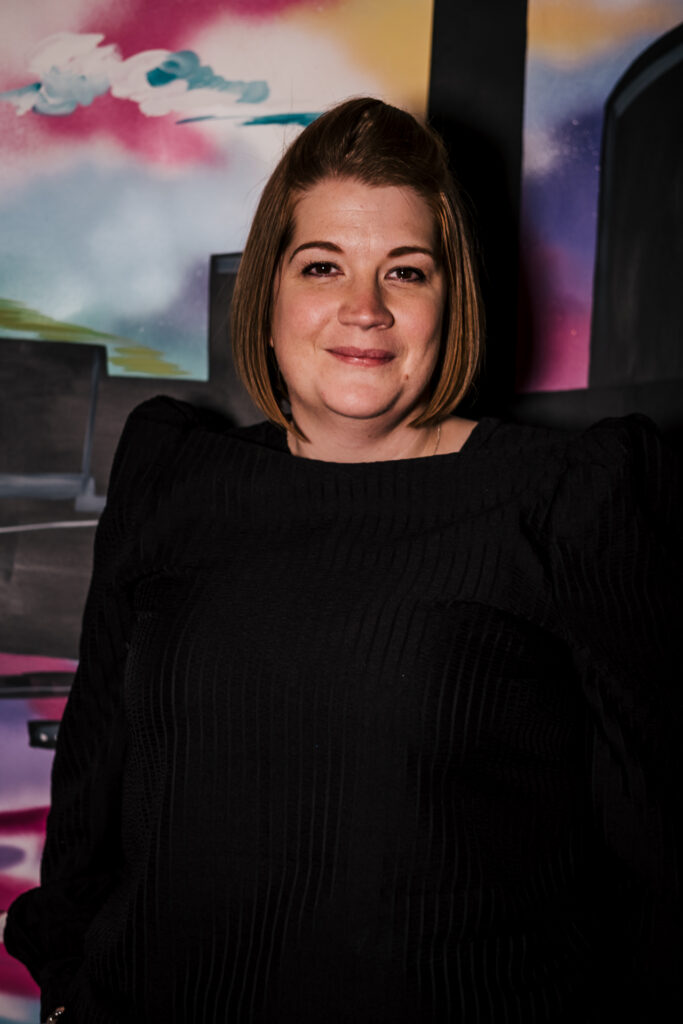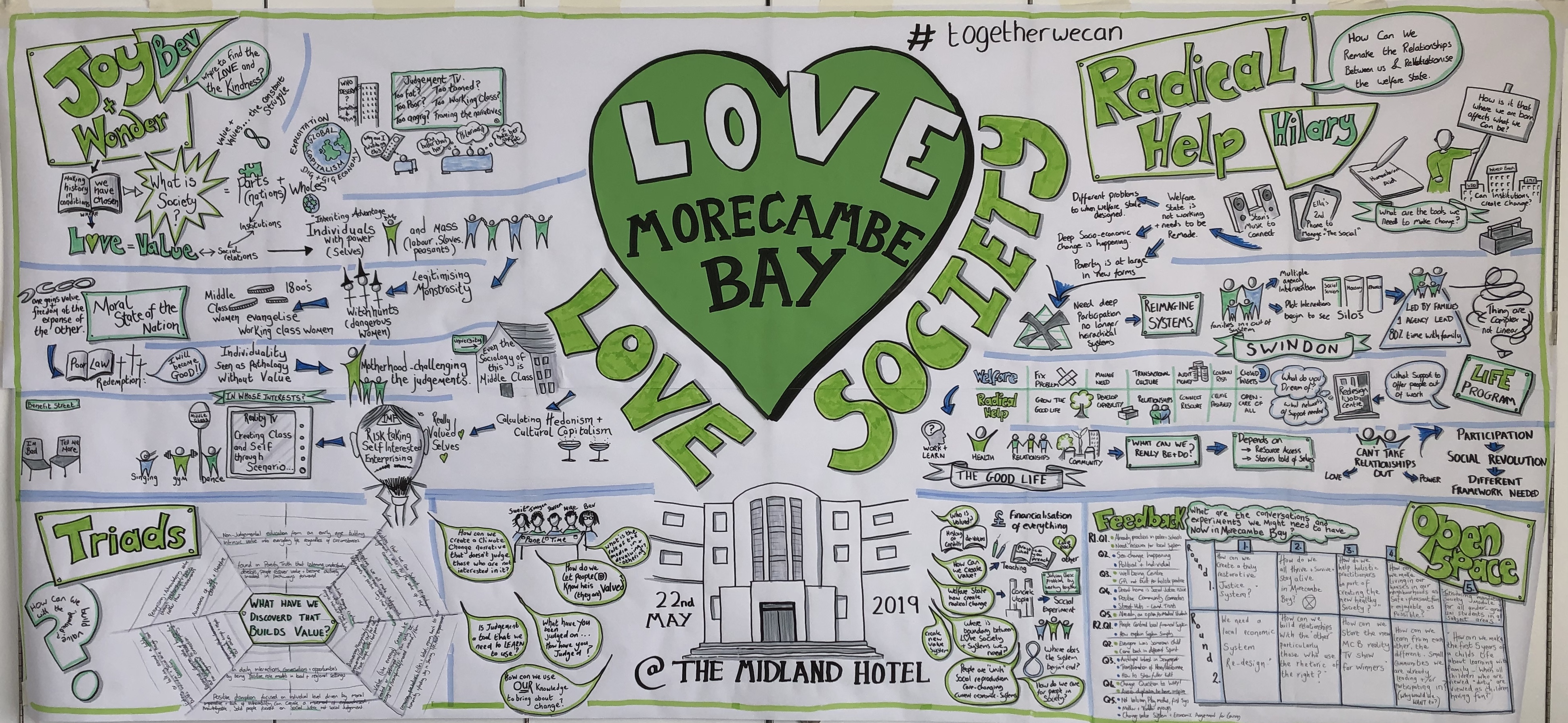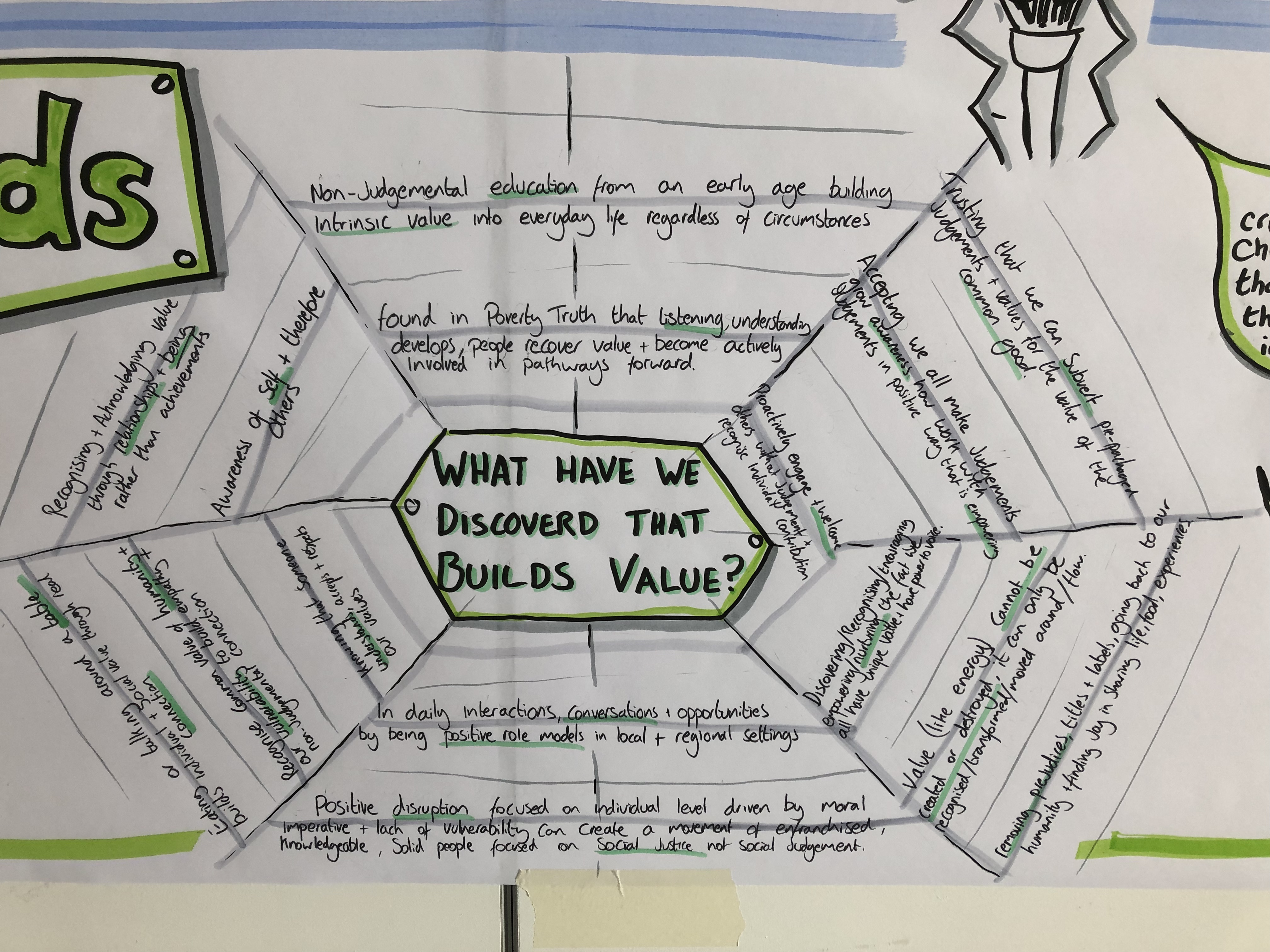This is a blog mini series on leadership and culture.
In the introductory post, I explained why I think cocks make terrible leaders but CHICKENs make great leaders! To refresh your memory, CHICKENs are leaders who outwork the values of:
Curiosity
Humility
Inclusivity
Compassion
Kindness
Empowerment
Nourishment
My wife, Kat, is hands down the best person I know. A total CHICKEN.
One of her best qualities and one of the reasons I love her, is her incredible and insatiable curiosity.
When she was training as a therapist, her mentor was always saying to her, ‘stay curious!’
And she does. She is. Curious. Not as in strange or unusual. But as in, she is genuinely interested to learn and know more about people. She has this incredible ability, to lock eyes with someone, let them know she deeply cares about them, tilt her head to the side and create a beautifully safe space in which her curiosity helps unlock healing for people. Amazing. And it’s never killed her – not even once.
Curiosity is such an important quality and for me now a core value, in life generally, but especially in leadership. Perhaps it is far too unusual as a quality valued in leadership.
Curiosity allows us to suspend our judgments. It stops us from thinking that we know it all. It allows us to be surprised, to ask better questions, to dig a little deeper. Curiosity prevents us from assuming we know the answer before we have really heard and seen what is emerging. It allows us to celebrate difference, recognise uniqueness and opens up new possibilities. It is open handed and tender hearted. It holds complexity and is not afraid to feel insecure in the ‘not-knowing’.
We all know what happens when we are not curious. We keep on trying to answer the questions in front of us with the same old mechanistic answers. And then we wonder why we don’t see the changes we need.
Curiosity allows you to look at data about a group of people and then go and sit with them to find out whether or not that is, in fact, their lived experience. Curiosity enables you to explore why things might not be working and to discover creative ways of engaging with the issue at hand. Curiosity is deeply joyful because it can open up new paths, fresh perspectives and exciting new potentials.
One of the best leaders I have met is Ellie McNeil, Chief Executive of YMCA Together. There’s a good reason why it is considered to be the best charity in the UK to work for!
One of the things Ellie has done so well as a leader is to instil curiosity in all of her team and volunteers.
She uses Cognitive Analytical Therapy (CAT) as a means to developing compassionate leadership throughout the organisation. In other words, she encourages everyone to be actively curious about why they might treat one person differently to another, or why they might have a particular reaction in a given situation. It allows people to be kind, to ask better questions of themselves and others and be honest about what is going on inside themselves in any interaction.
In my team, we’ve recently had some difficult conversations about finance. I found it so interesting that when we introduced the topic of conversation, every persons body language changed. Having learned from Ellie, I simply asked them to notice this, to reflect on it, to be curious about what changes in them when we start to talk about money. Then we postponed the conversation and brought it back next time with people being more self-aware about what was happening in them and for them.
If we’re going to develop truly caring organisations in the NHS and social care, we need to develop genuine curiosity. What’s going on in me? I wonder what’s going on in you? What’s really happening here?
In every consultation I have with a patient, I’m asking myself these questions: What’s your story? What matters to you? What do we know? What do we not know? What do we need to know? How can we find out? What are we going to do with the information when we make those discoveries? What choices will you make about your own care, once we know the options?
Curiosity never killed anyone in health and social care. On the contrary, it literally saves thousands of lives. It is a lack of it that is dangerous.
So…..Don’t be a cock. Be a CHICKEN – it starts with being curious.




